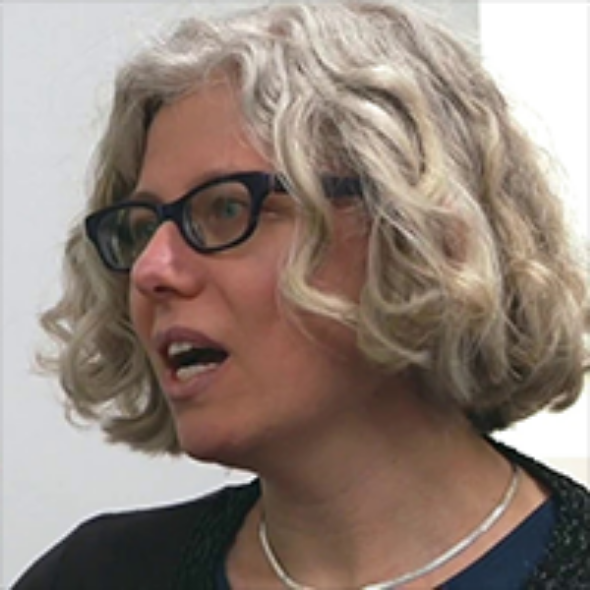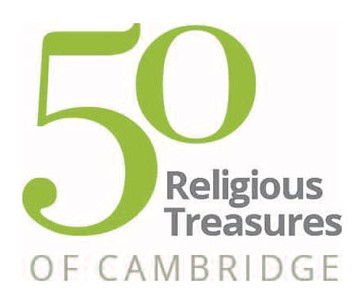Discover the diversity of Islam with Professor Esra Özyürek.
Meet your lecturer
Professor Esra Özyürek is interested in the experiences of people who embrace universalistic belief systems that they didn't inherit from their parents or grandparents. She is particularly keen, through her research, to understand, for example, what it means to be a secular Turk in a country where political Islam is on the rise; to be an ethnic German who has converted to Islam; or to be a Turk who has converted to Christianity. Esra has studied and taught in Istanbul, San Diego, Michigan, London and Cambridge.
Explore further
Scriptural reasoning is a tool for inter-faith dialogue. It encourages people of different faiths come together to read and reflect on their scriptures. Unlike some forms of inter-faith engagement, Scriptural Reasoning is not about seeking agreement but instead it is about exploring the texts and their possible interpretations across faith boundaries, and learning to ‘disagree better’.
This copy of the Qur’an, held in the Cambridge University Library, dates from the 16th century. Copies of the text of the Qur’an, always in Arabic and unchanging in its content, have been produced throughout the Islamic world since the origins of the religion.
The Interfaith Programme in Cambridge aims to develop a better understanding of the complex and diverse relationships between different religious traditions. If you follow the link you can listen to some of their podcasts.
Consider some questions
Describe two differences between Sunni and Shi’a Islam
Explain two contrasting Muslim understandings of Jihad
How has secularisation challenged contemporary Islamic beliefs?
Is prophethood the most important Article of Faith in Islam? Do all Muslims agree?
What does it mean to be a Muslim in Britain today?
How might stereotypes of Islam be addressed?
Guidance for teachers
Download the video transcript



